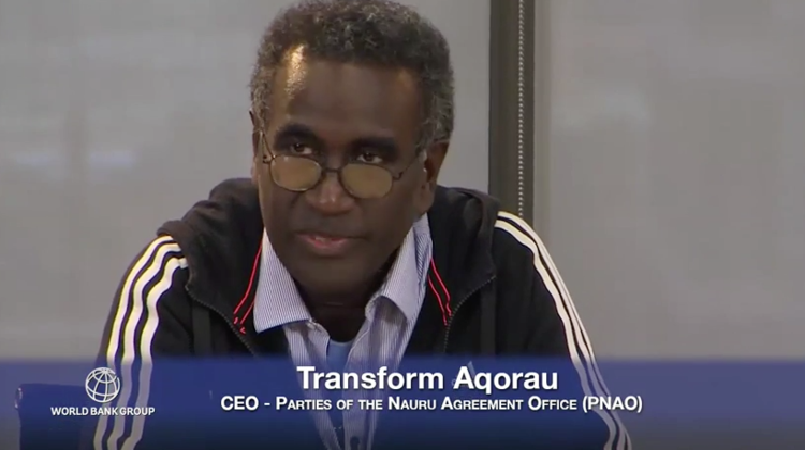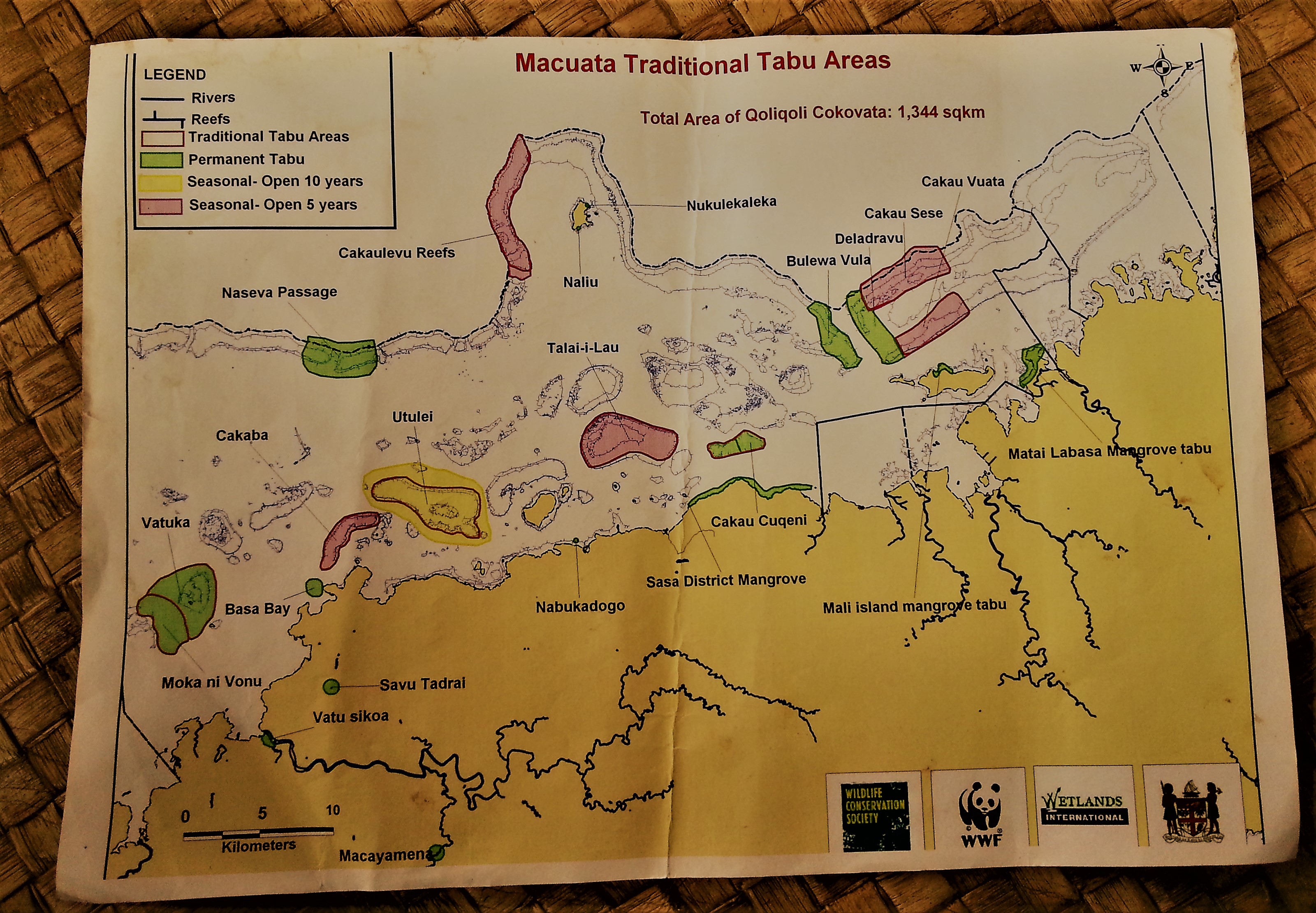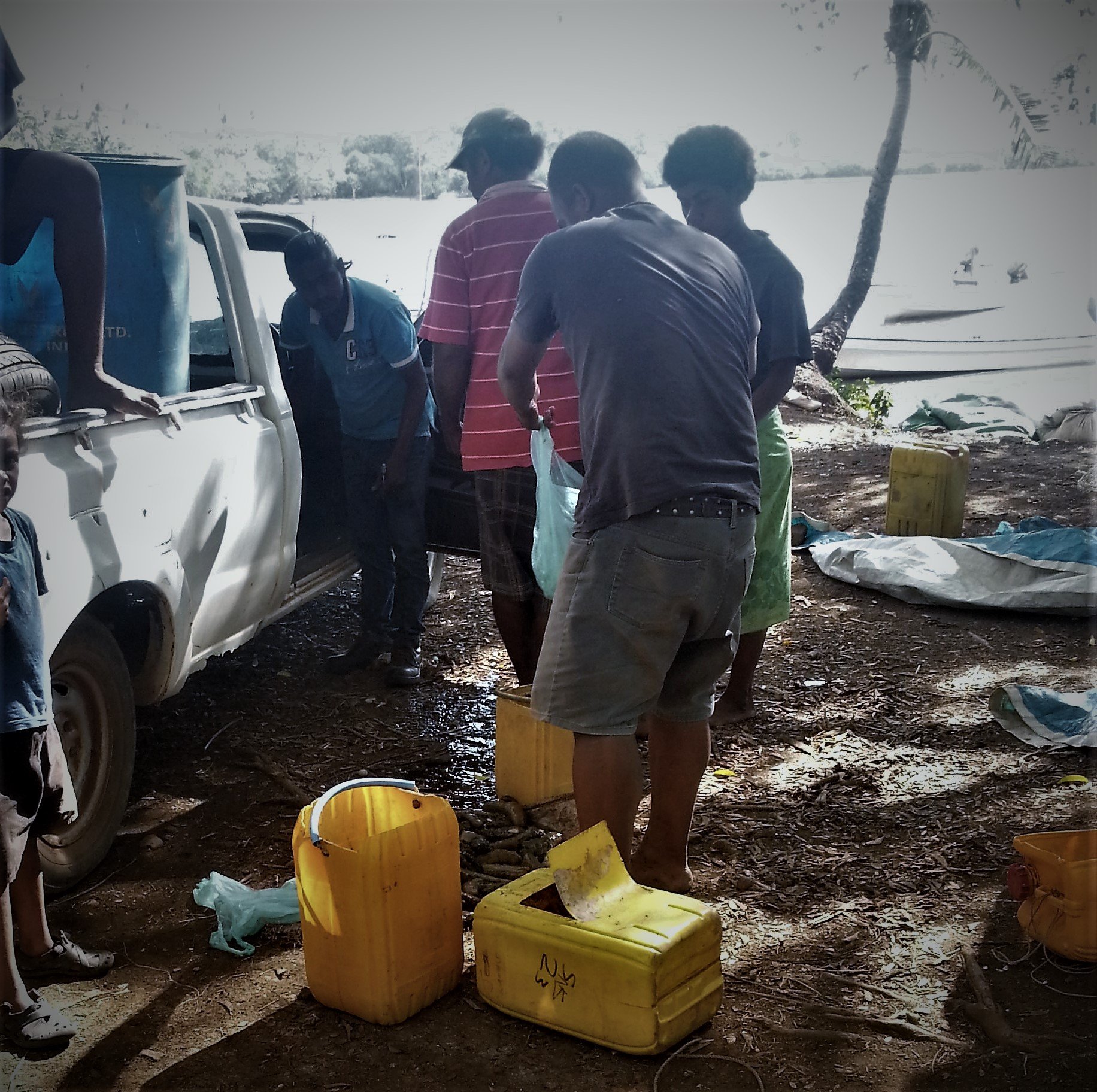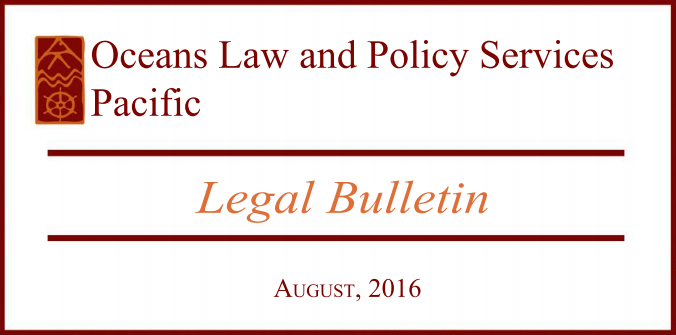Dr. Transform Aqorau, former CEO of the Parties to the Nauru Agreement (PNA) answers a few questions about the PNA and immediate challenges going forward.
The PNA is a regional agreement between Federated States of Micronesia, Kiribati, the Marshall Islands, Nauru, Palau, Papua New Guinea, Solomon Islands and Tuvalu that focuses on the management of shared fisheries resources for the benefit of Pacific Islands.
The PNA represents self-organisation by a group of Pacific Islands to manage their valuable fisheries resources through co-operation and a shared understanding that sustainable management will lead to long-term economic benefits. In this bulletin we find out more from Dr Transform who kindly provides responses to some key questions.












